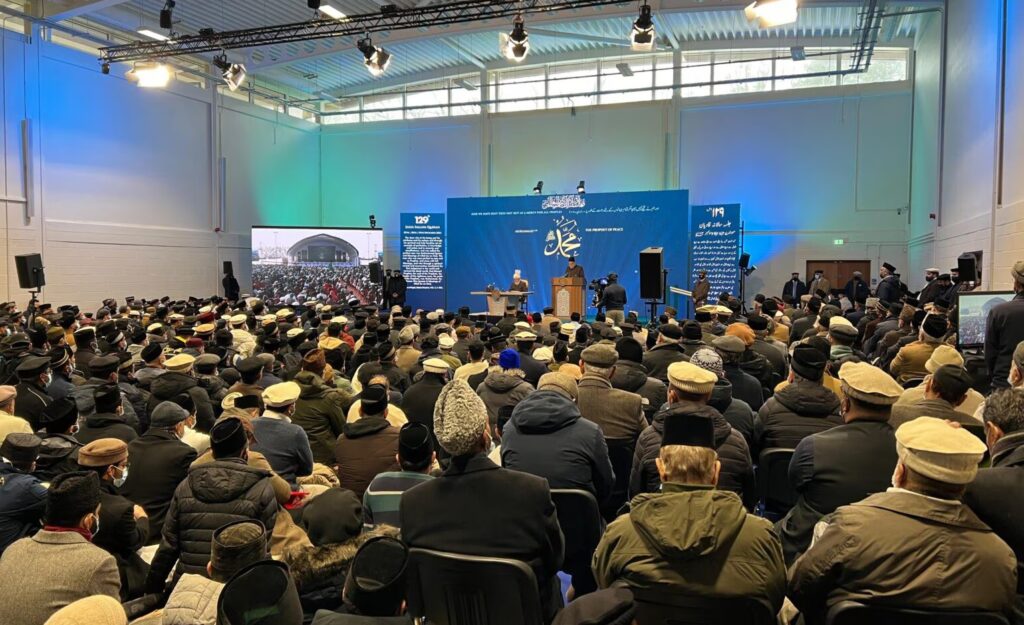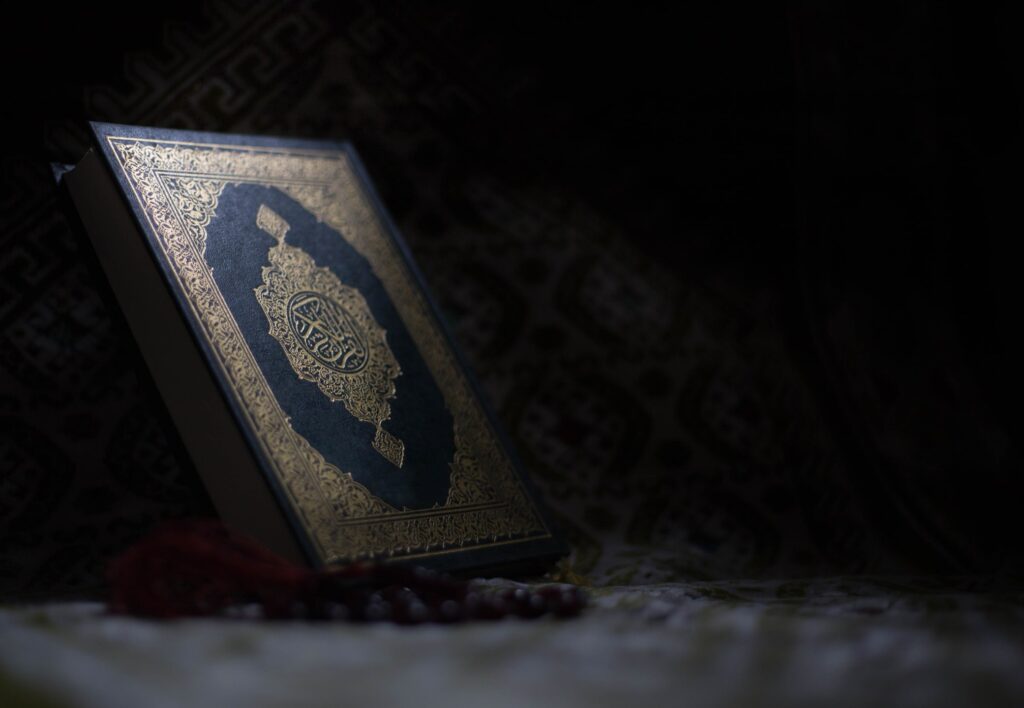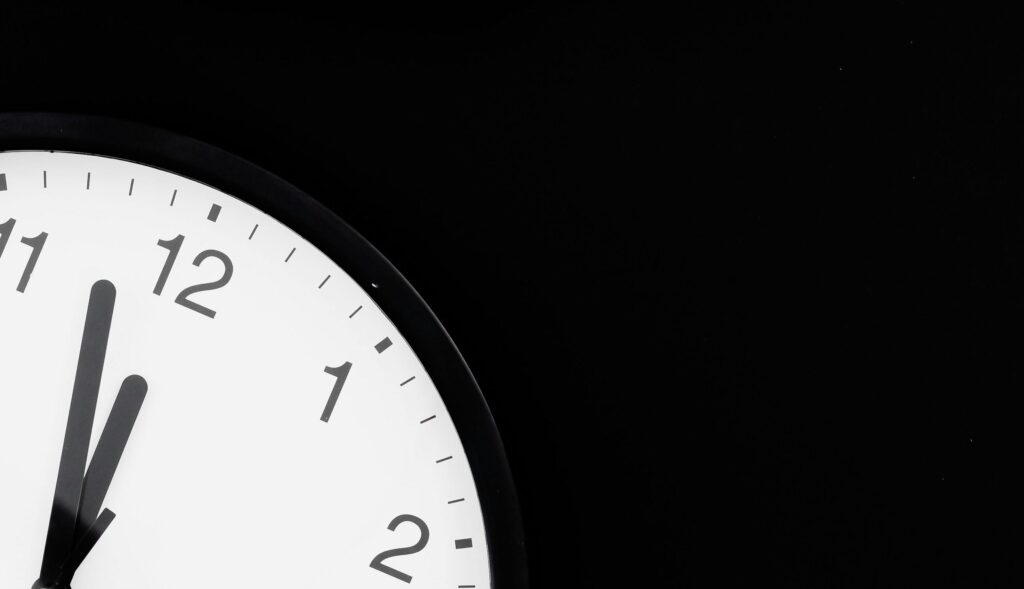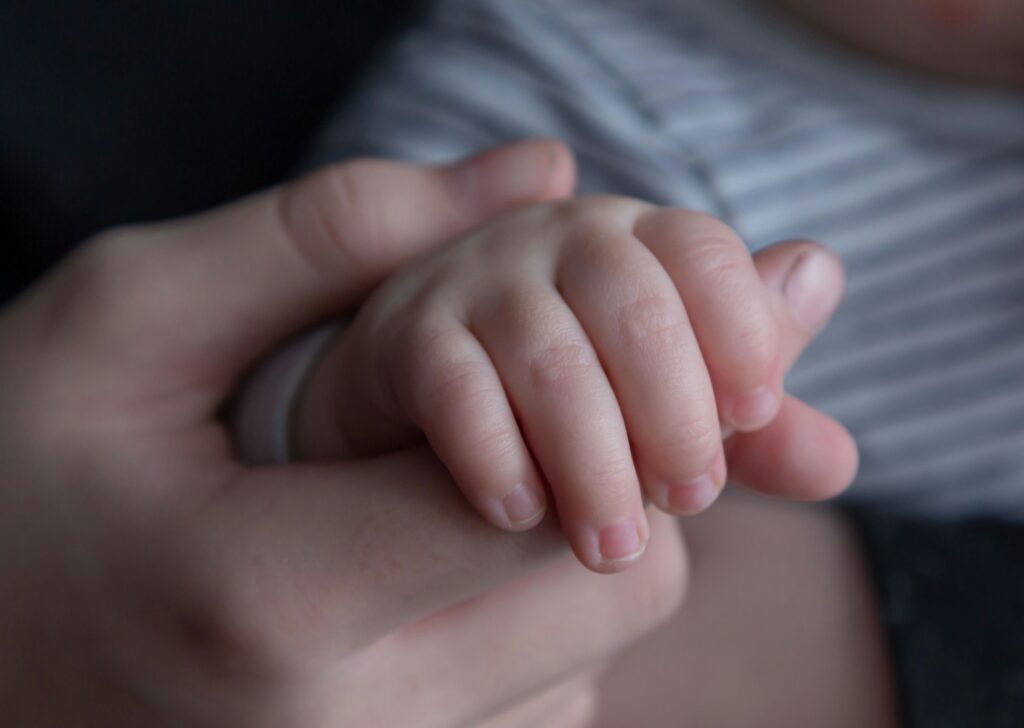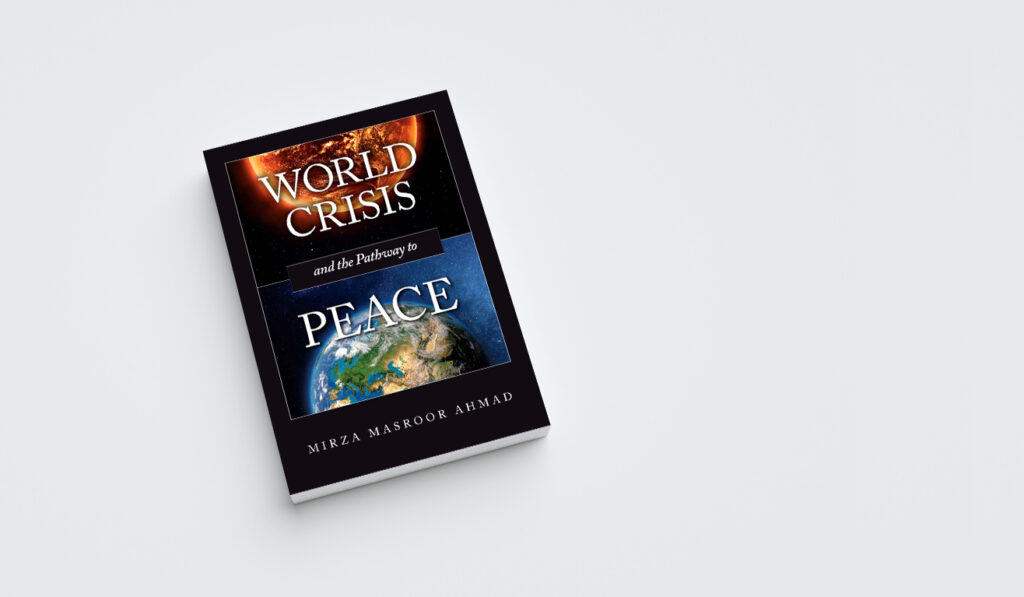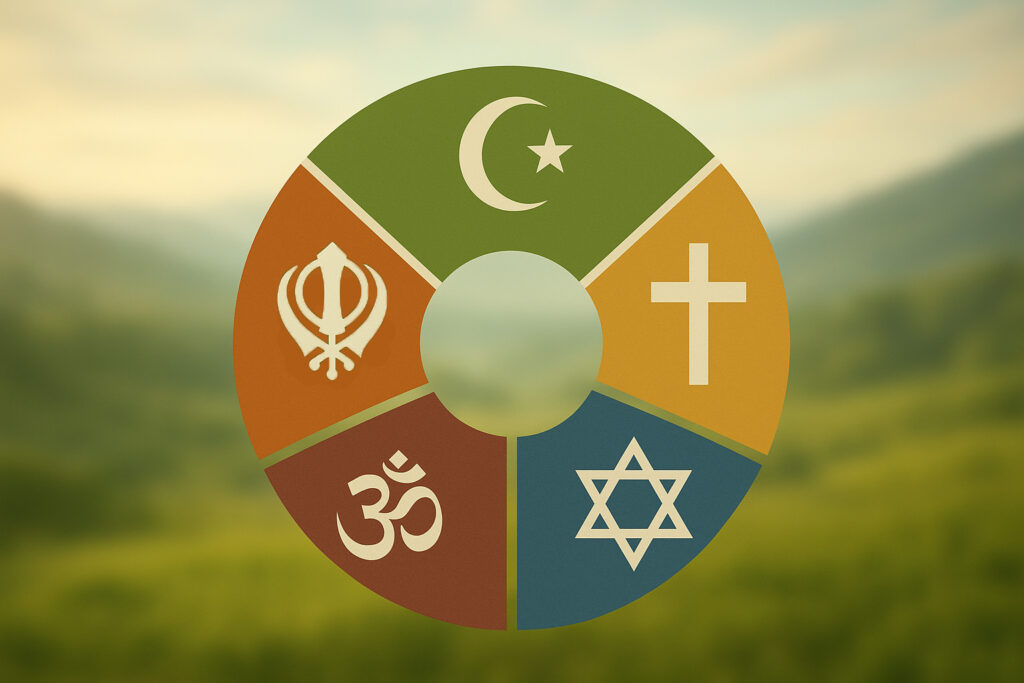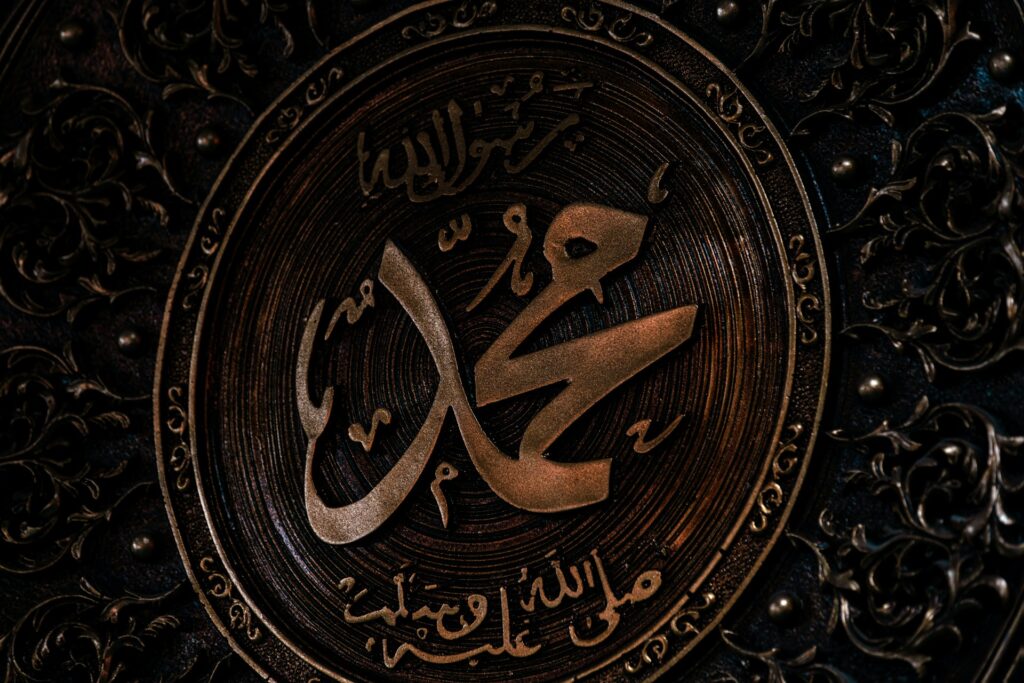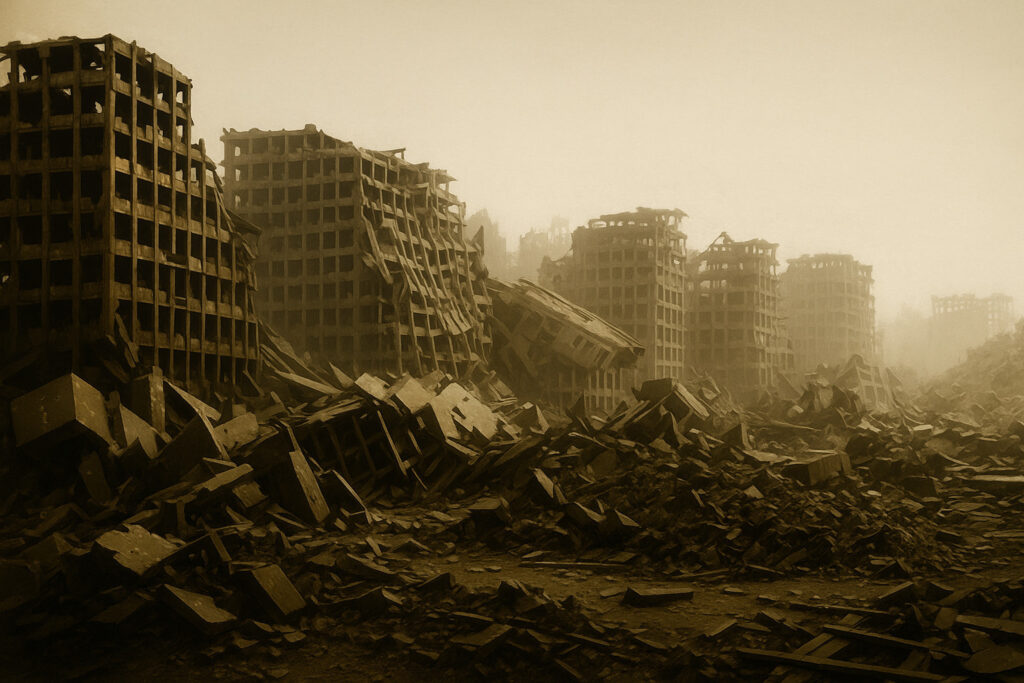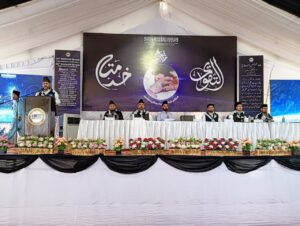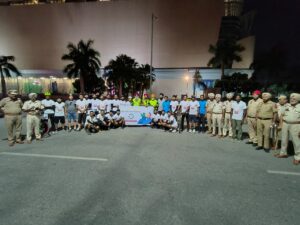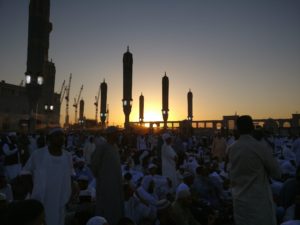ARTICLES
The Ahmadiyya Khalifa explains how justice is an essential prerequisite for Shariah law, and how imposing it forcefully goes against the principles of Islam.
Ahmadiyya Khalifa addresses the annual convention of the Community in India and outlines the love the Promised Messiah(as) had for Prophet Muhammad(sa).
It is generally understood that Iblis and Satan are identical. However, the Holy Quran maintains a distinction between these terms, revealing that they are not one and the same.
Ahmadiyya Khalifa explains how to make rational use of Artificial Intelligence, and if it is appropriate to entirely rely upon it.
Singling out religion—or worse—one particular religion as the sole driver of terrorism is only the result of prejudicial exaggeration of data and unfair distortion of facts.
The Ahmadiyya Khalifa urges Ahmadi Muslims to engage in prayers and preparedness amid escalating global tensions.
Opinions often surface branding the hijab as a symbol of oppression. Here, we respond to a recent Newslaundry article, challenging the narrative that Muslim women require ‘liberation’ from their choice to wear the veil.
If God is an epitome of love, why should we fear Him? The Ahmadiyya Khalifa explains the Islamic concept of righteousness, highlighting how true love inspires a fear of displeasing the beloved.
Islamic teachings provide essential principles for living in a society, addressing the political, social, economic, cultural, and religious aspects of human life.
Postpartum depression is a common yet often overlooked challenge that many new mothers face. Understanding its impact and finding effective coping strategies are essential for both maternal well-being and healthy parenting.
In a world teetering on the edge of conflict, readers from different walks of life share their reflections on the Ahmadiyya Khalifa’s book ‘World Crisis and the Pathway to Peace’, a powerful call for justice, compassion, and lasting harmony.
The Ahmadiyya Caliph reminds that real integration is not imitation, but active contribution—building bonds with neighbours, serving society with loyalty, and upholding faith with confidence.
True victory lies not in proving who loves their Prophet more, but in proving how well we embody their teachings of justice, love, and peace.
In a world divided by conflict and moral uncertainty, the timeless example of Prophet Muhammadsa offers guidance and hope humanity still desperately needs.
Panic Attacks are sudden waves of intense fear that can feel overwhelming, but with awareness and the right strategies, they are manageable and treatable.
A father’s personal journey, reflecting on how the Prophetic teachings celebrate daughters as blessings, not burdens, and how his influence—resonating through time—safeguards against such societal prejudices.
Did Prophet Noah’s age really exceed normal human lifespan? Or does the ‘950 years’ represent the period of his law and dispensation? What deeper message does the Quran convey by mentioning this period?
Since the rise of New Atheism, the demand to prove God empirically has grown louder. Nevertheless, this insistence is nothing more than an old, rejected argument—repackaged and presented as new.
Amid global turmoil and escalating injustice against Palestinians, the Ahmadiyya Caliph calls for prayers and urges leaders to reform, embrace justice, and work towards lasting peace.
True service lies in using one’s skills for humanity. The Ahmadiyya Caliph reminds architects that true success is found in service—designing affordable homes and hospitals that uplift the poor and strengthen the Community’s humanitarian mission.


